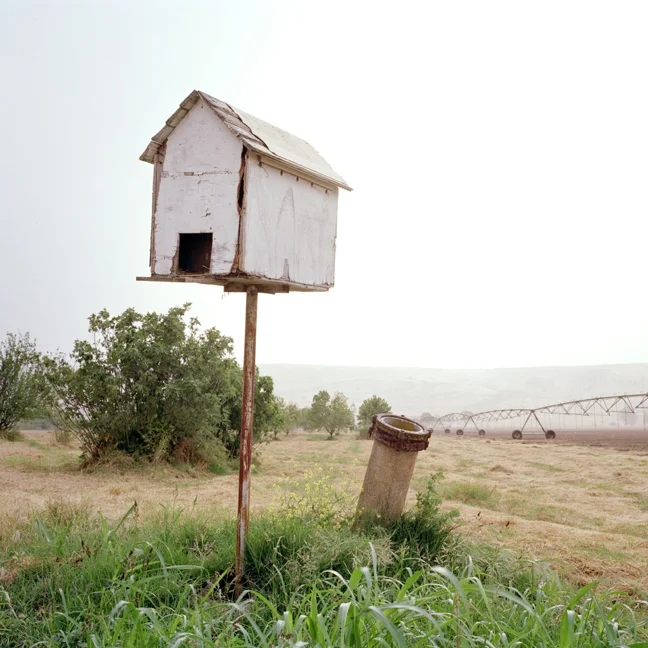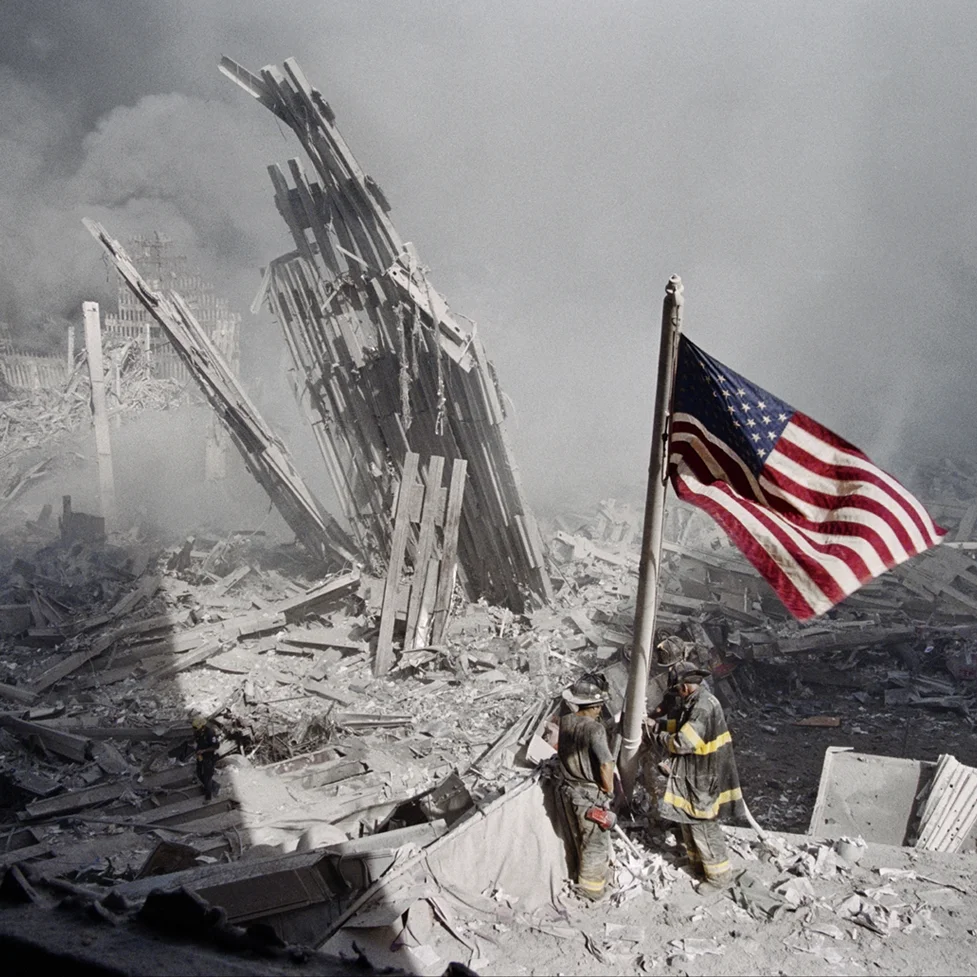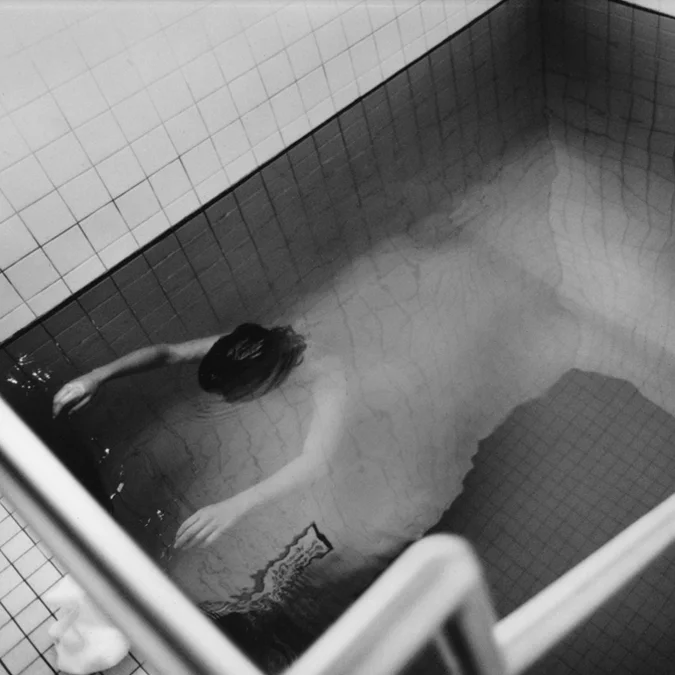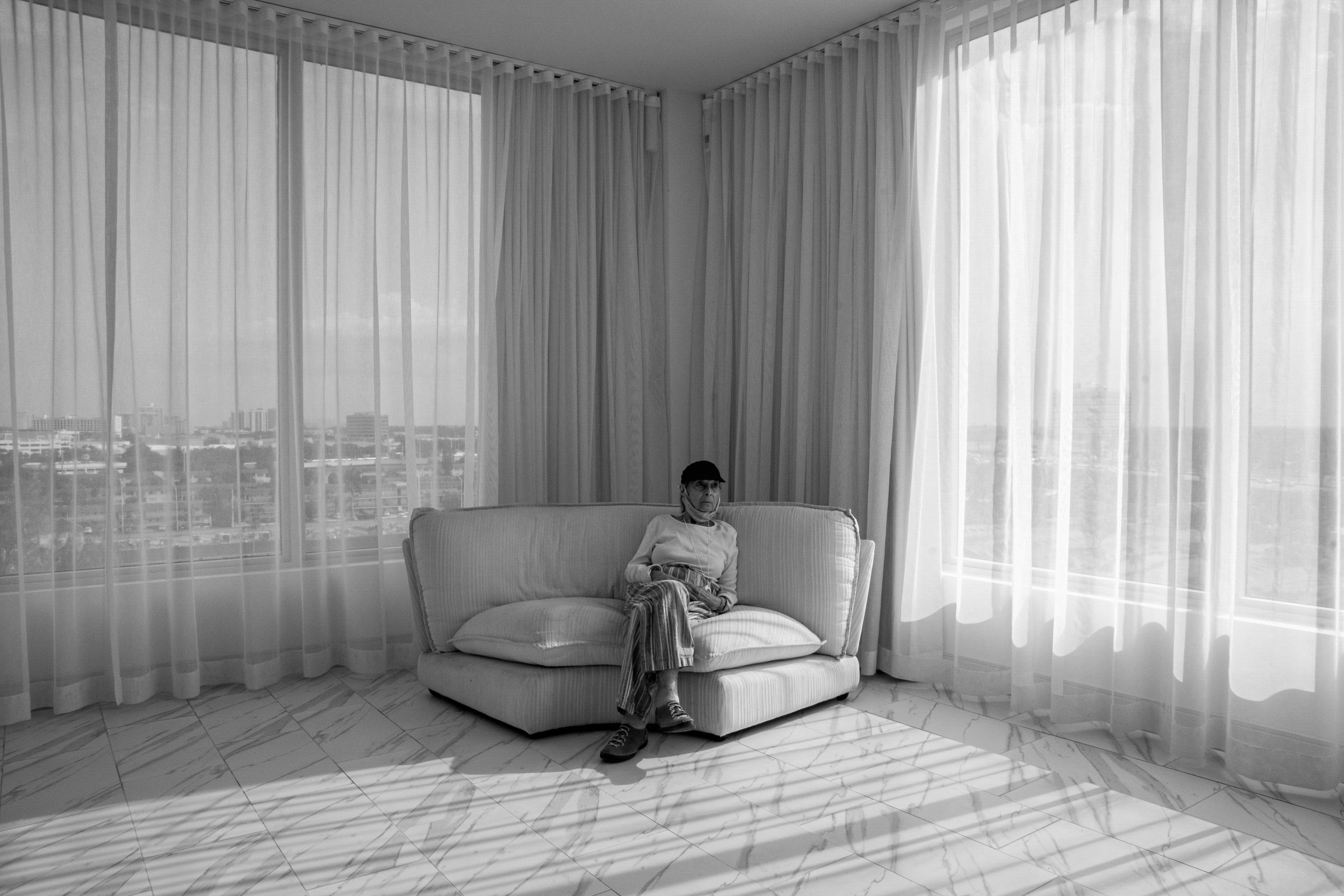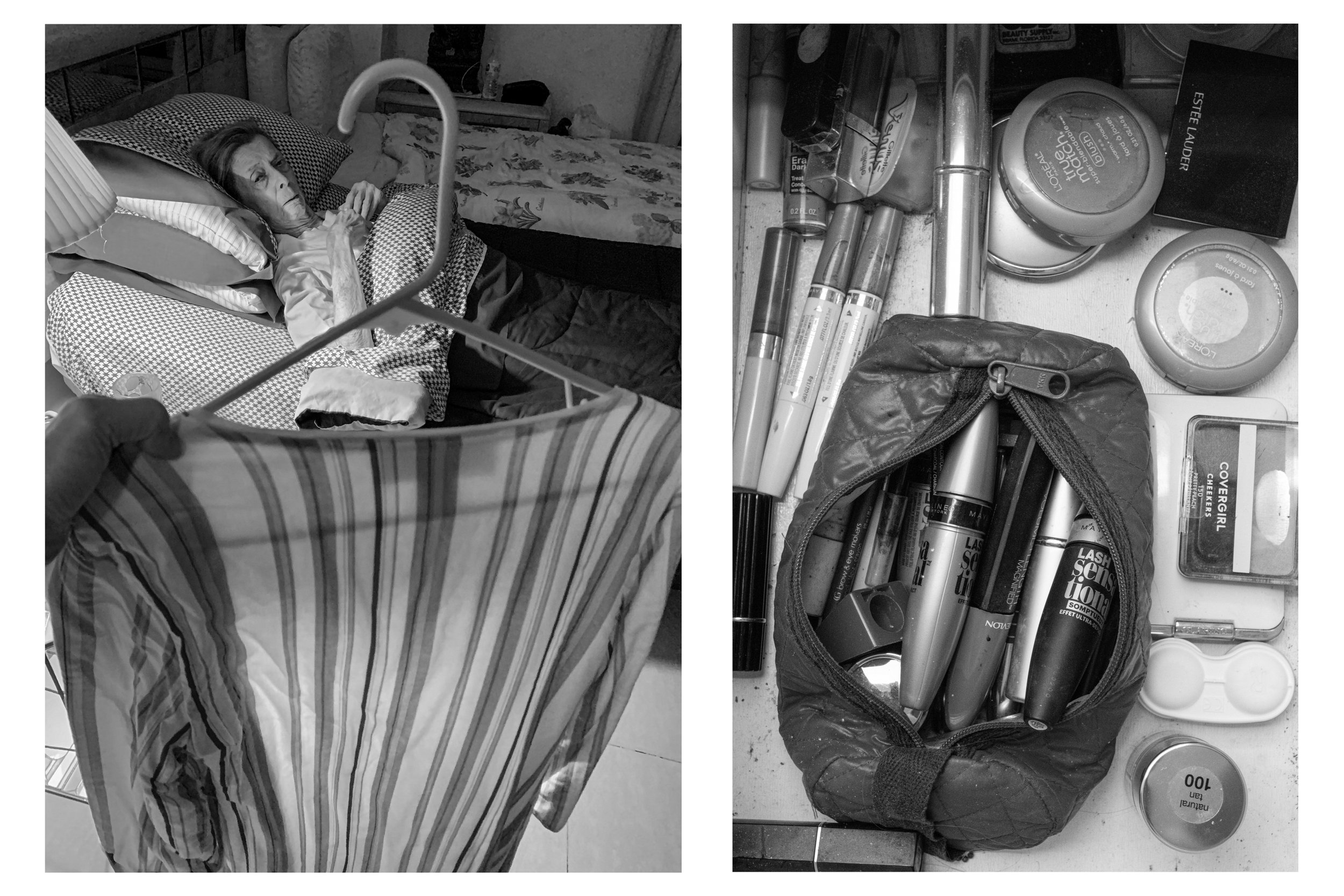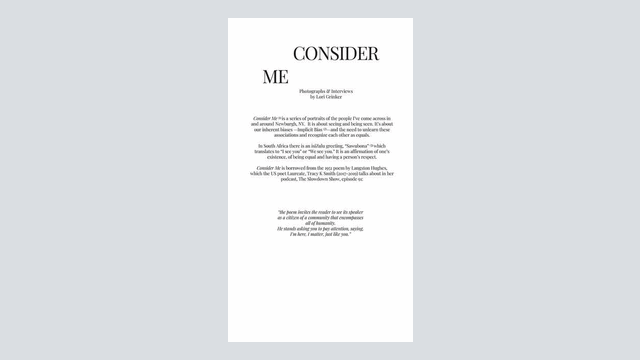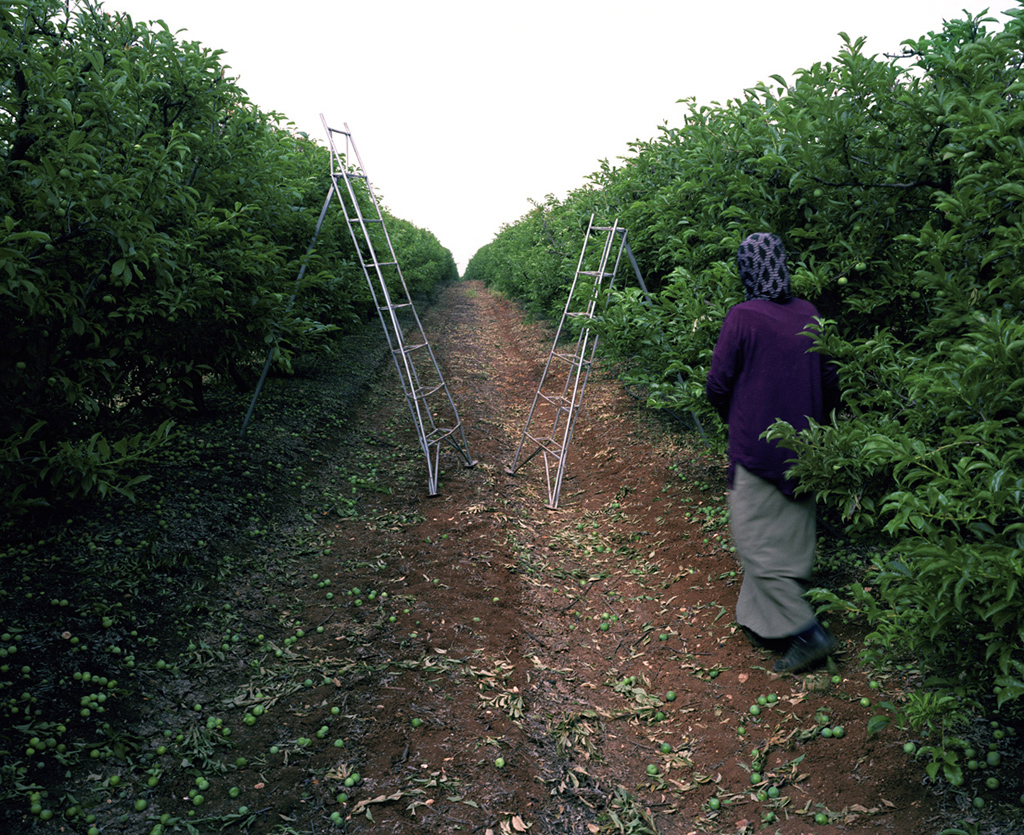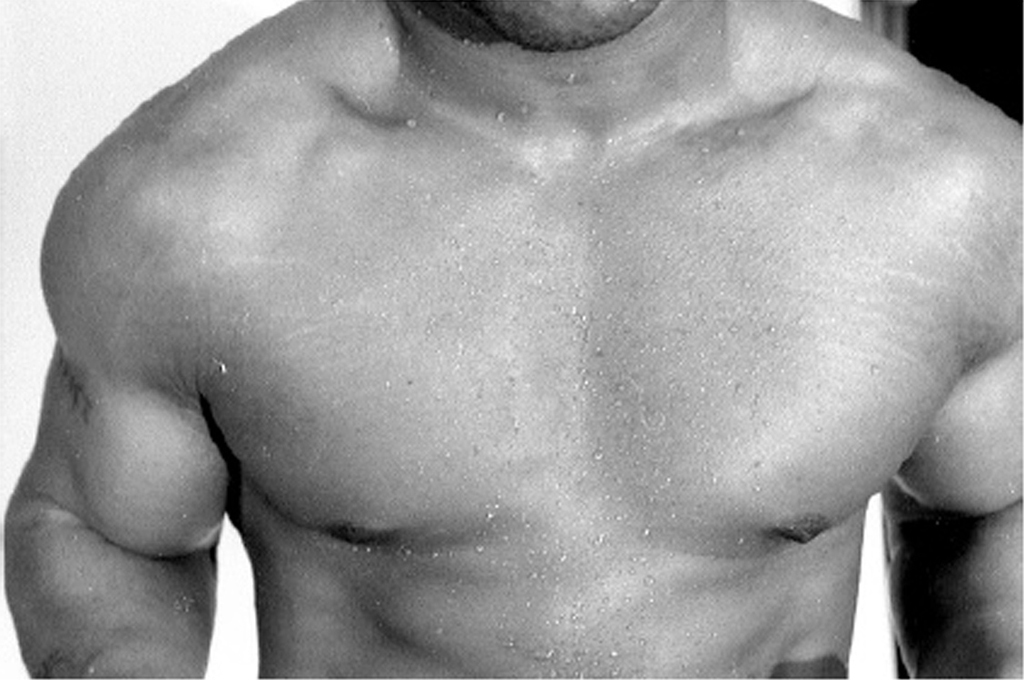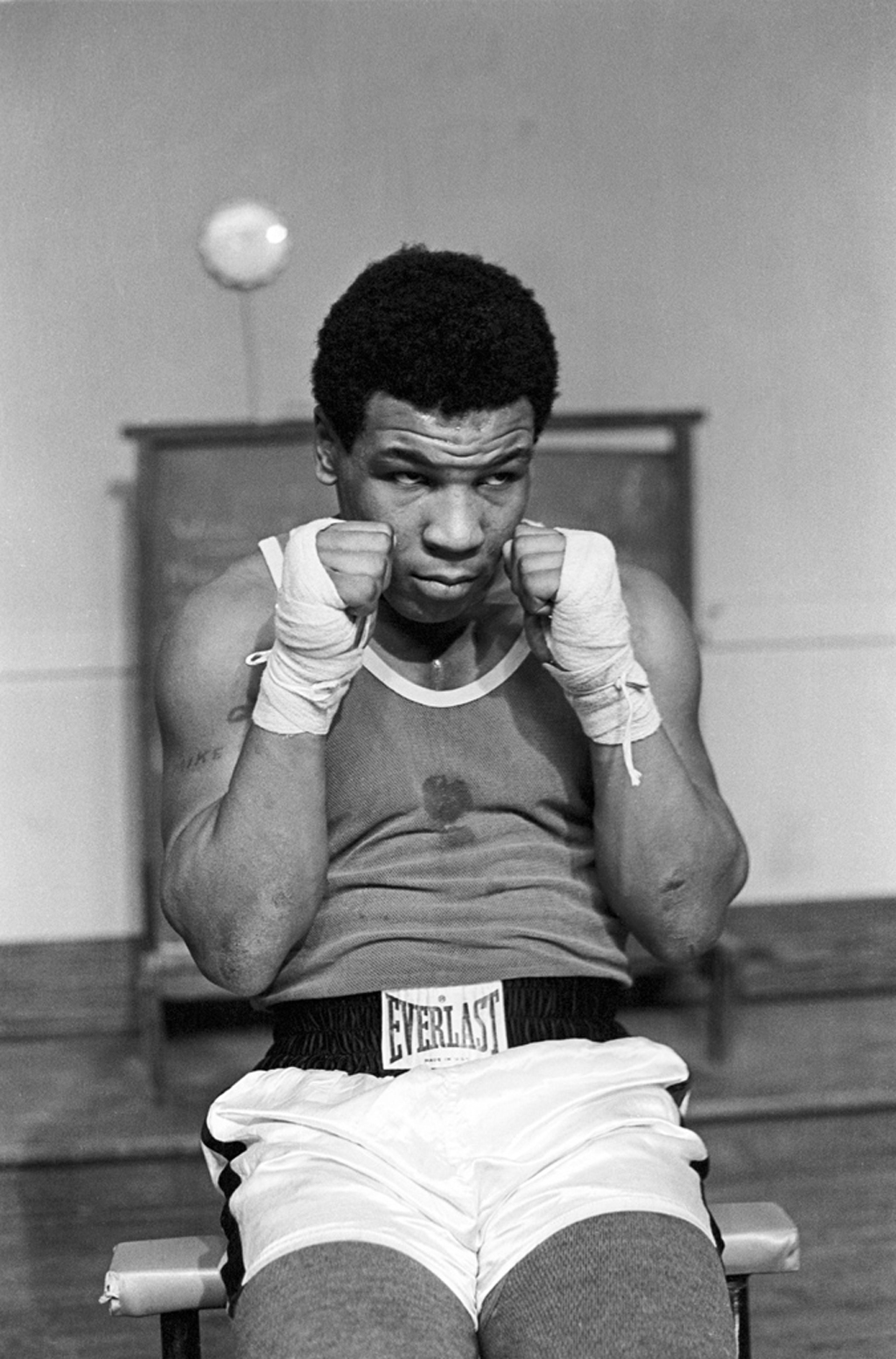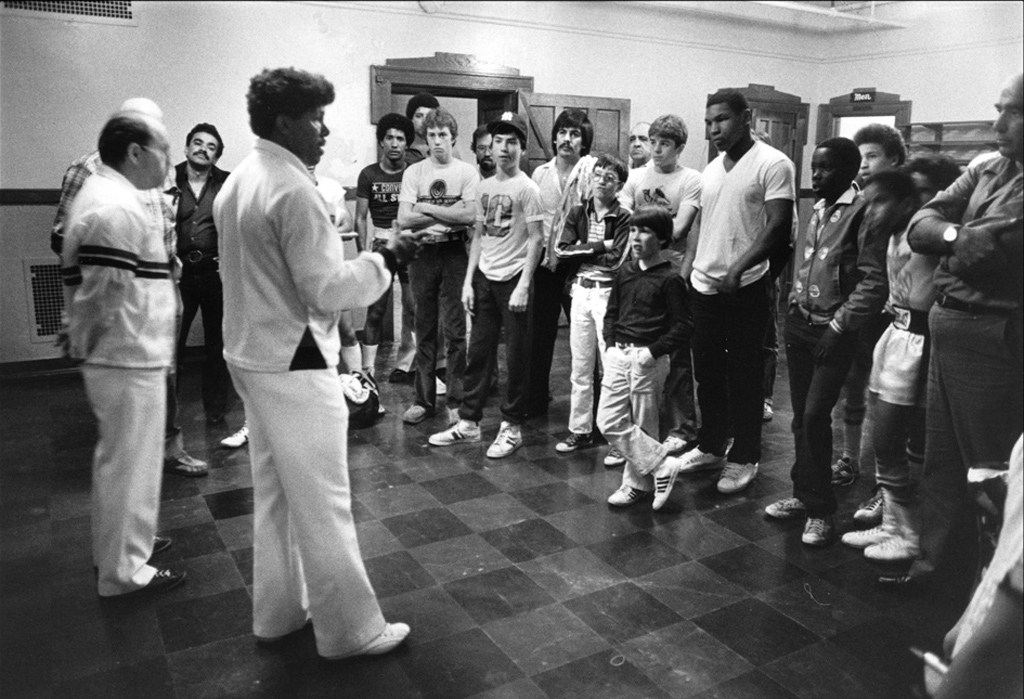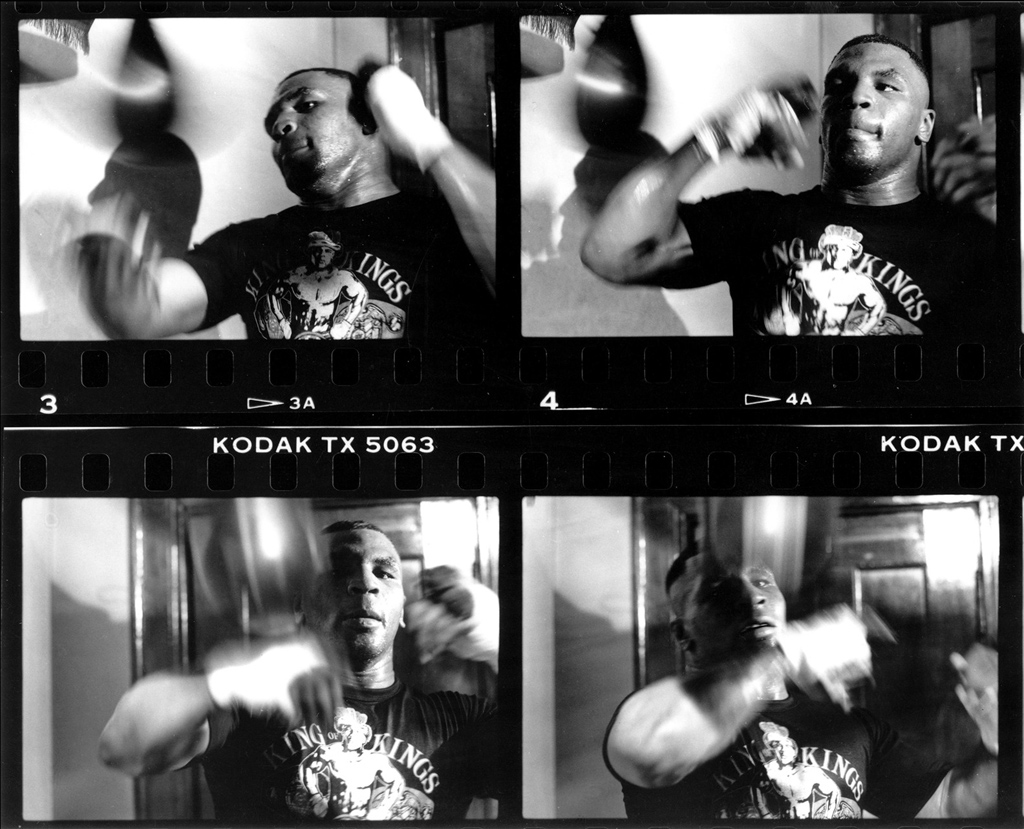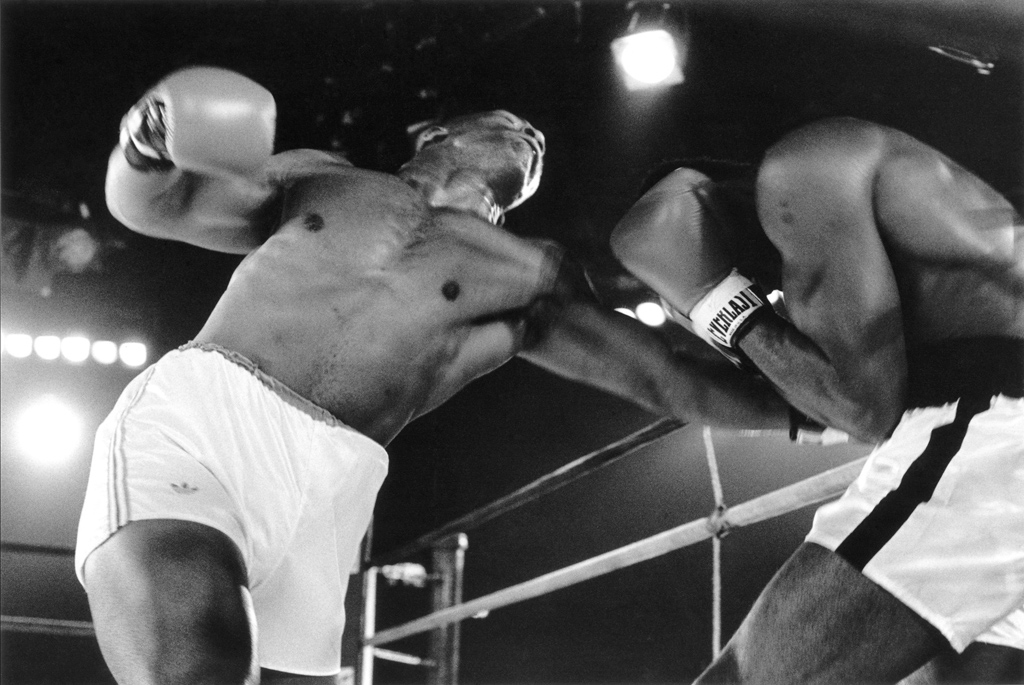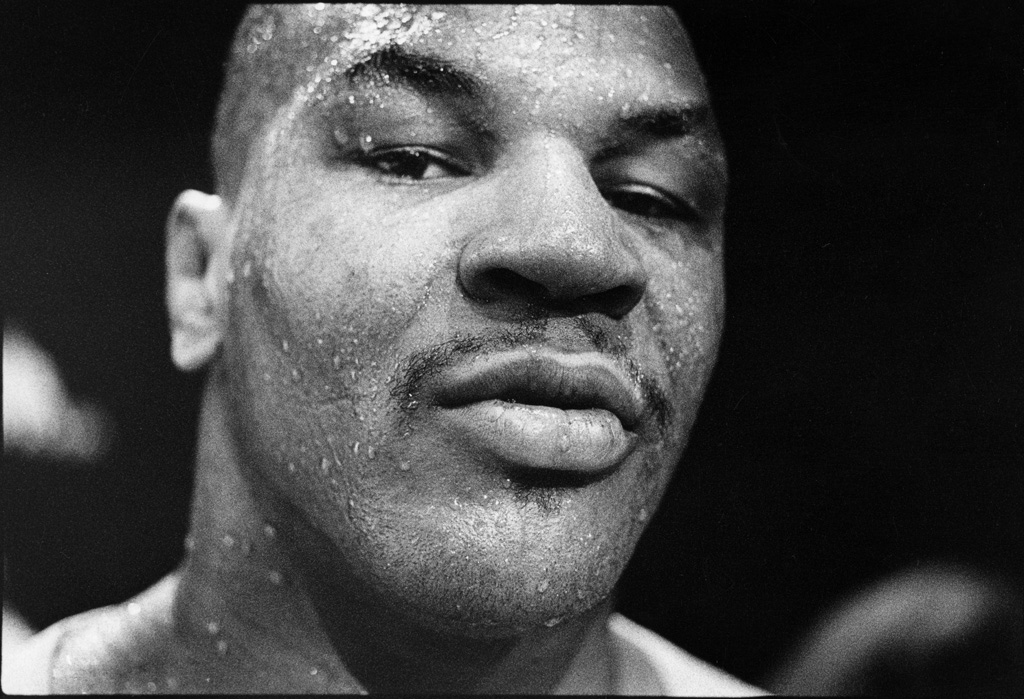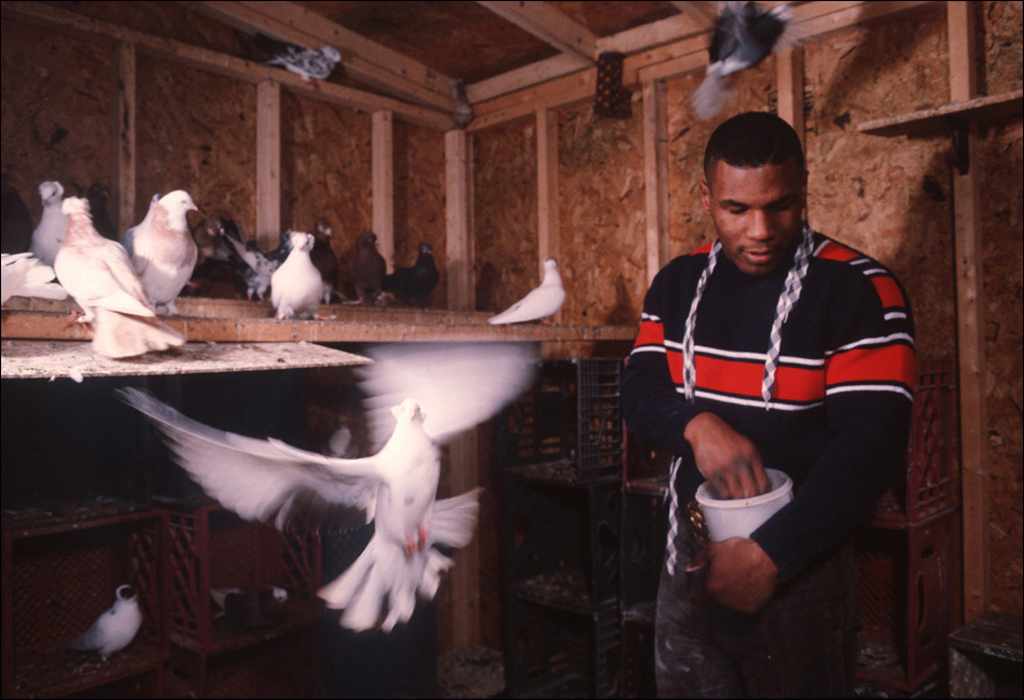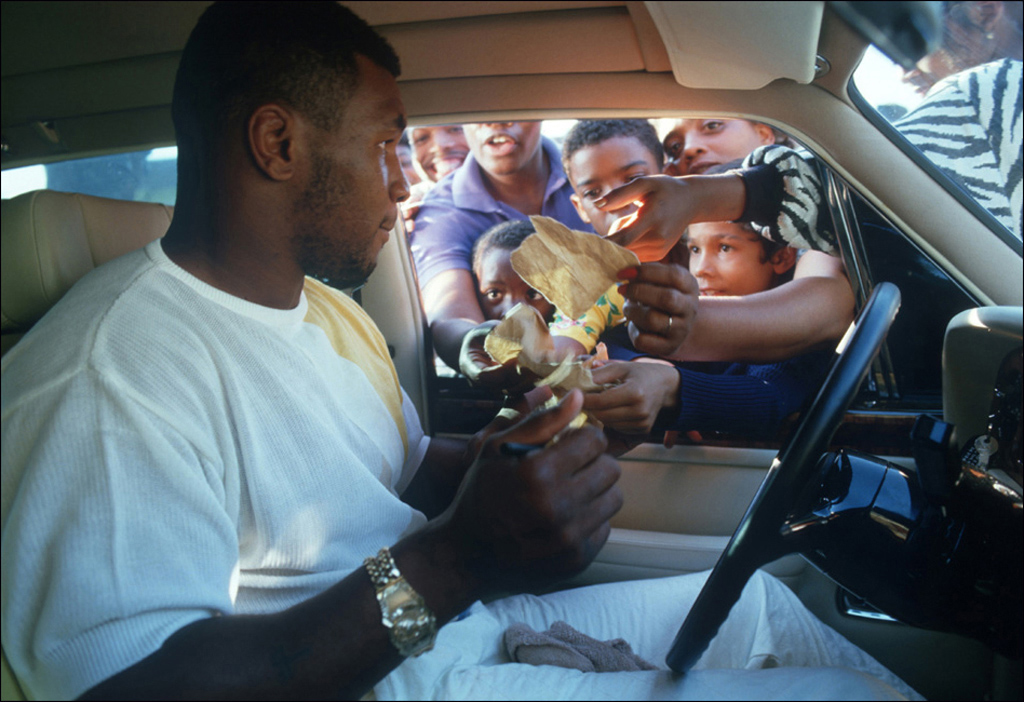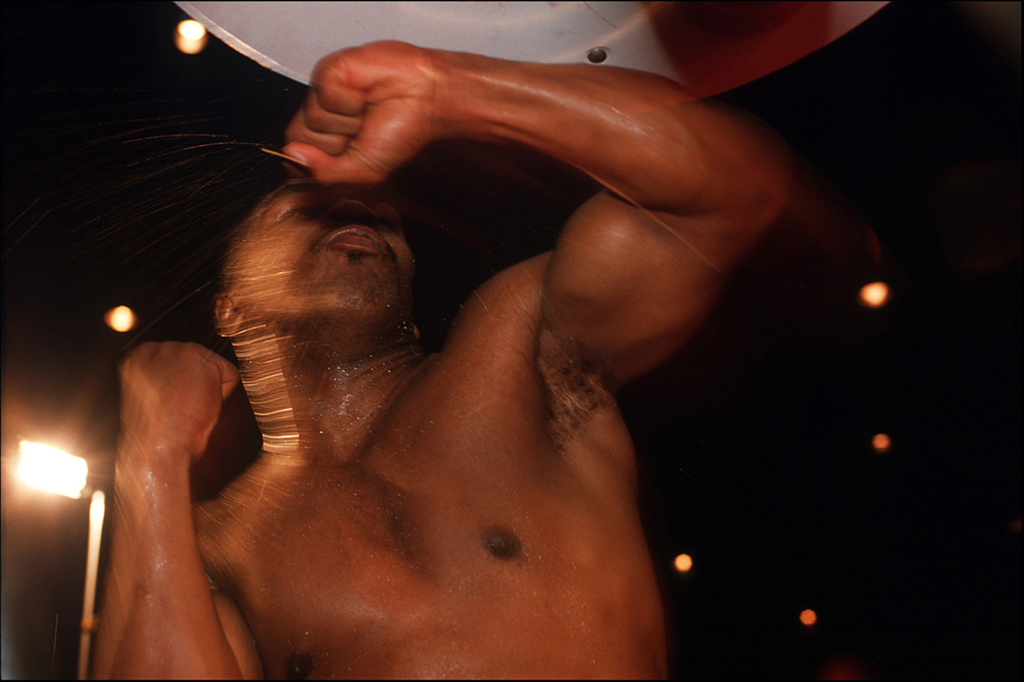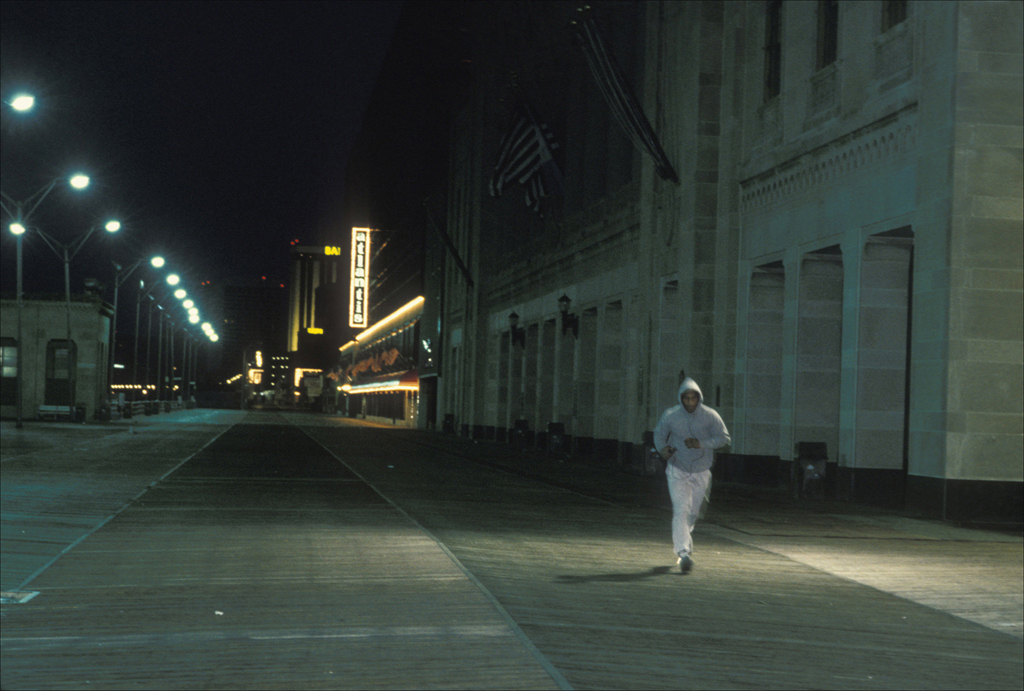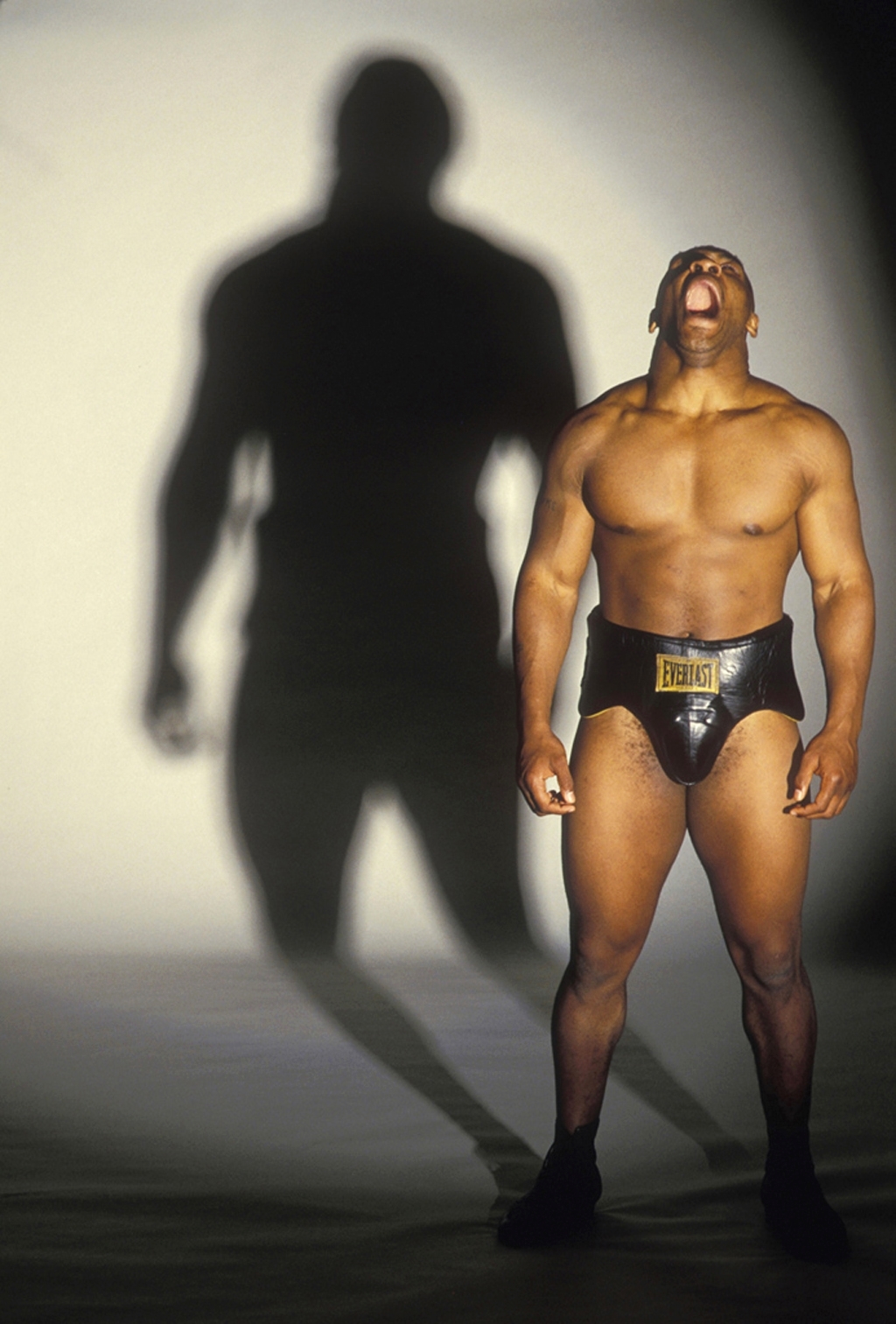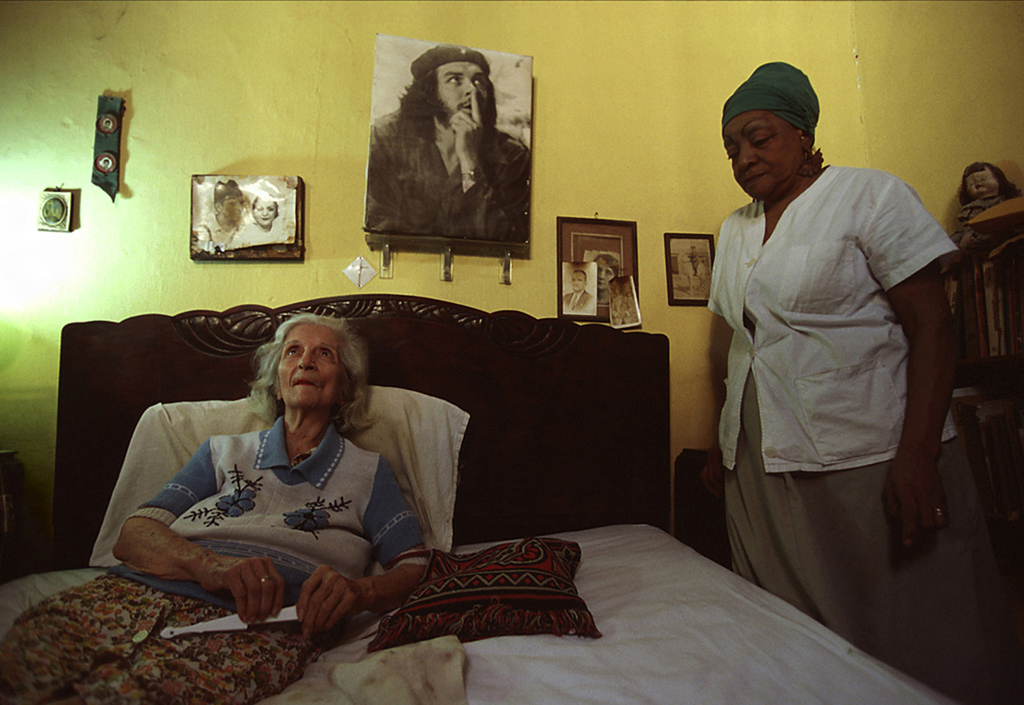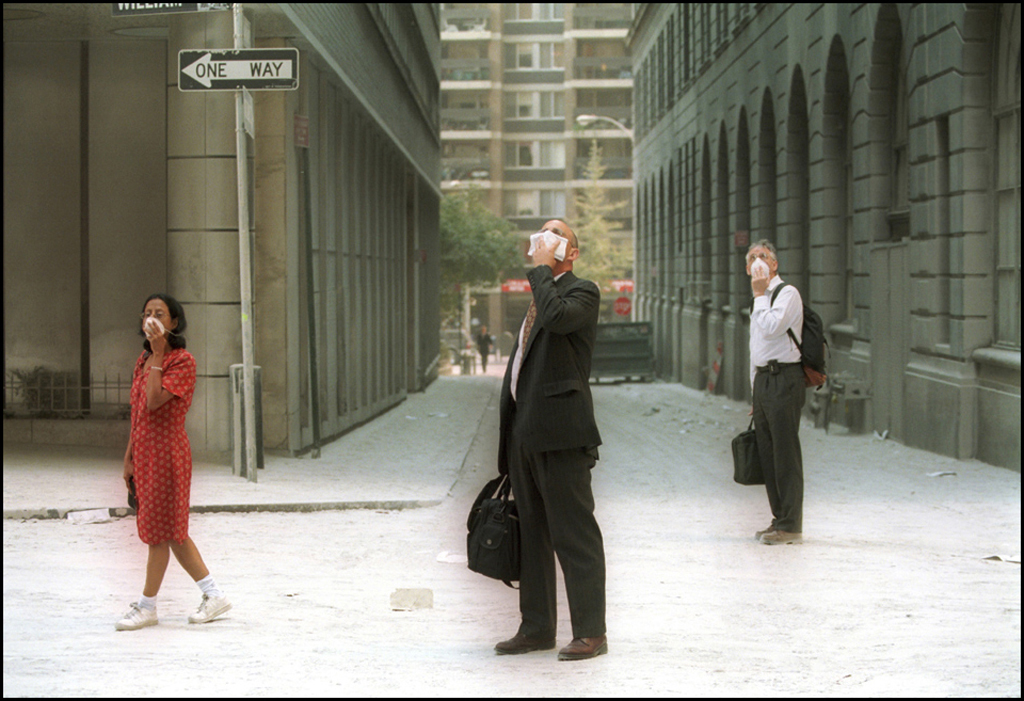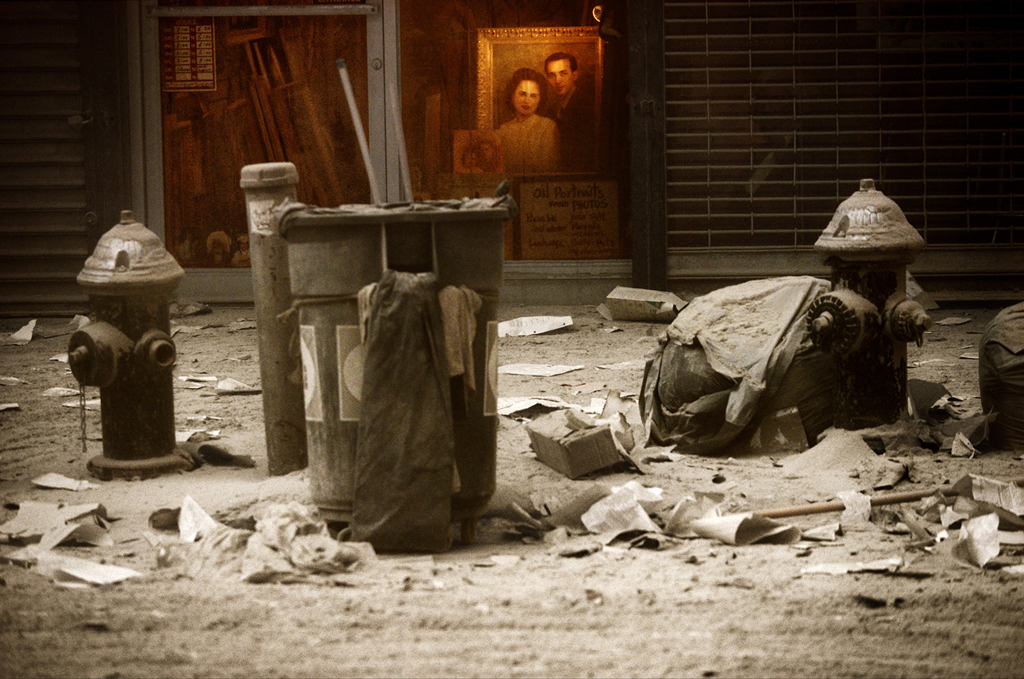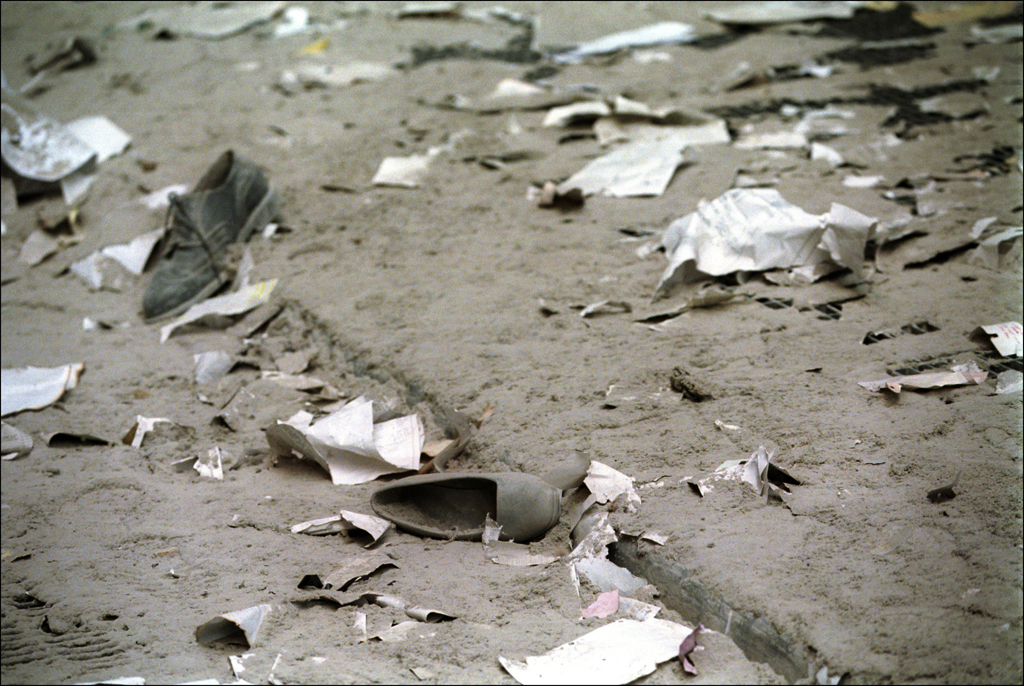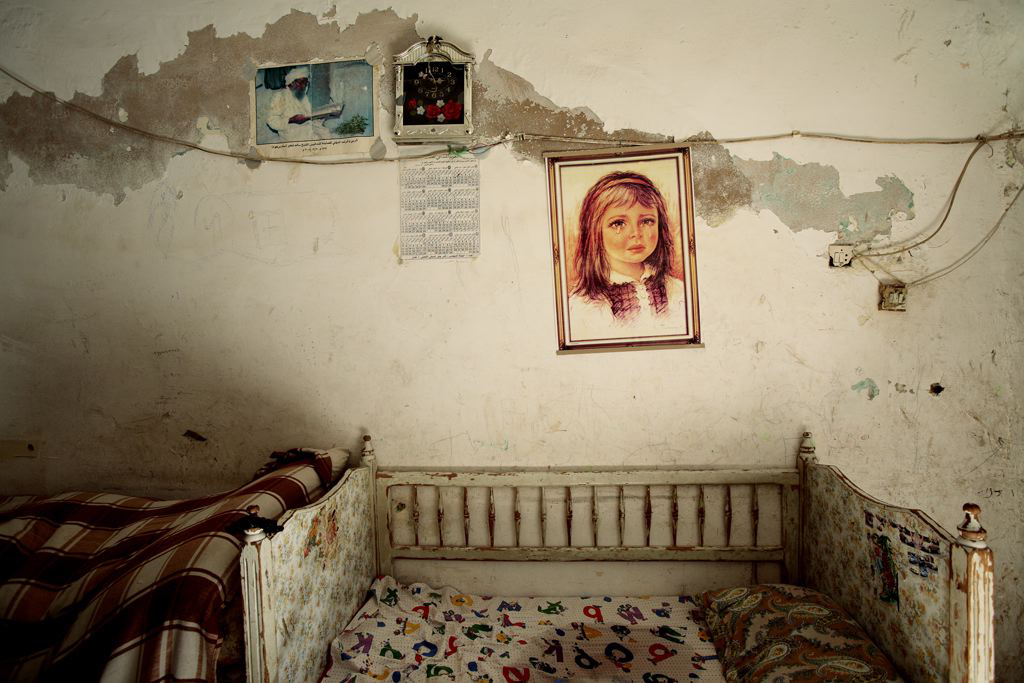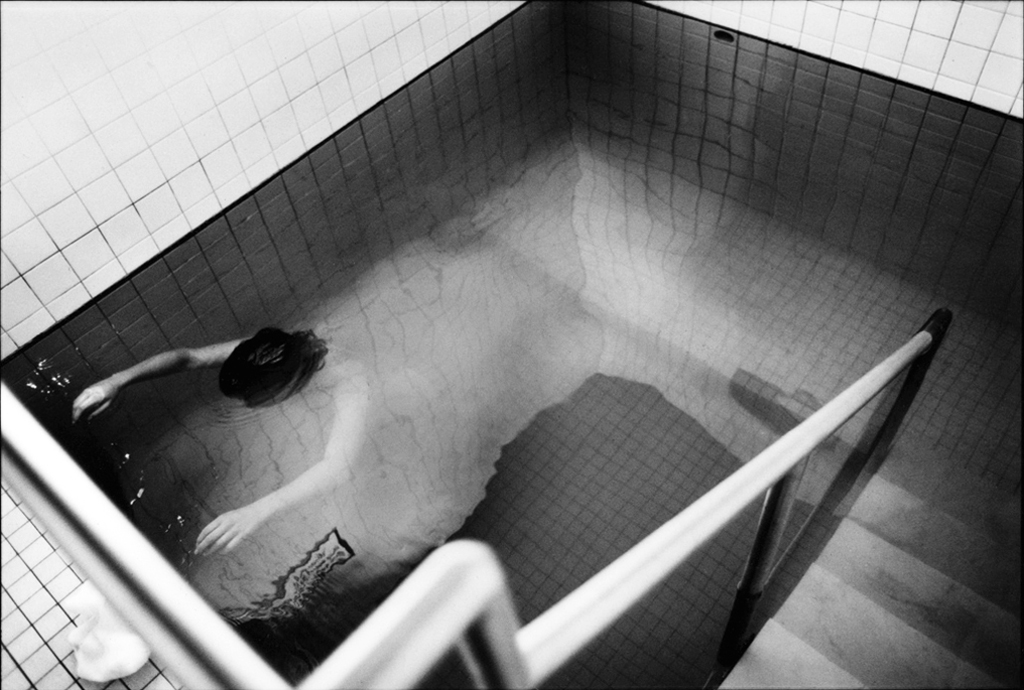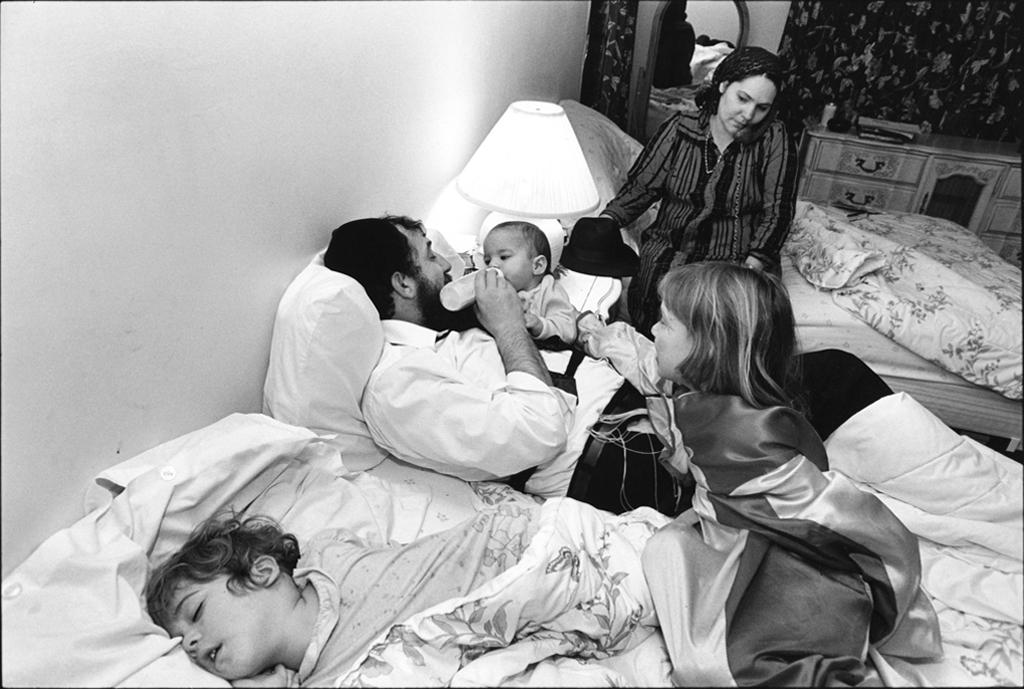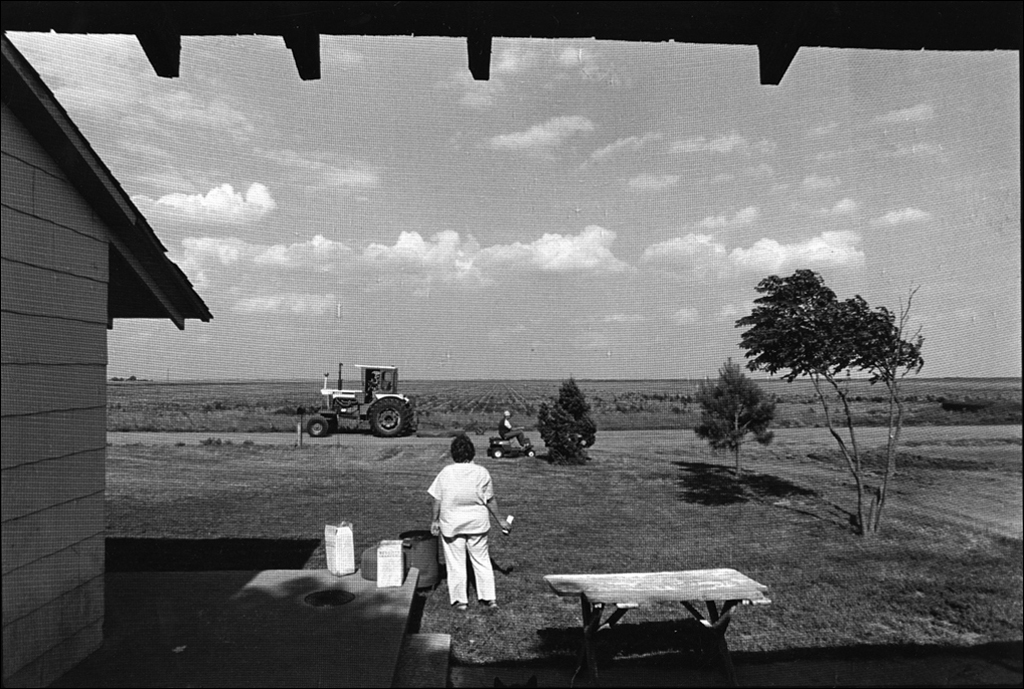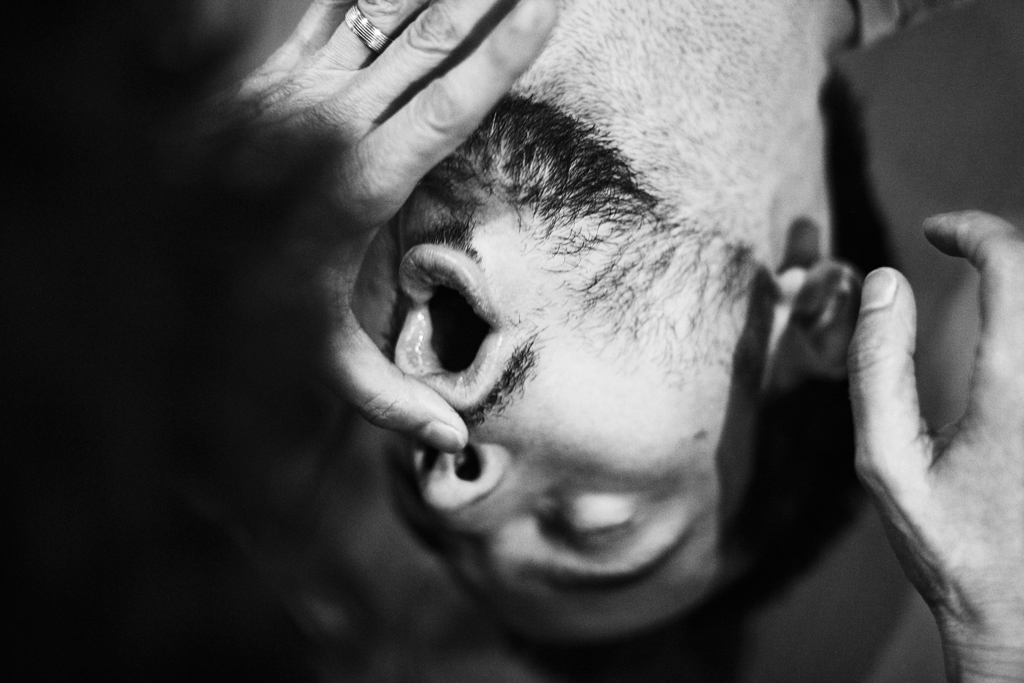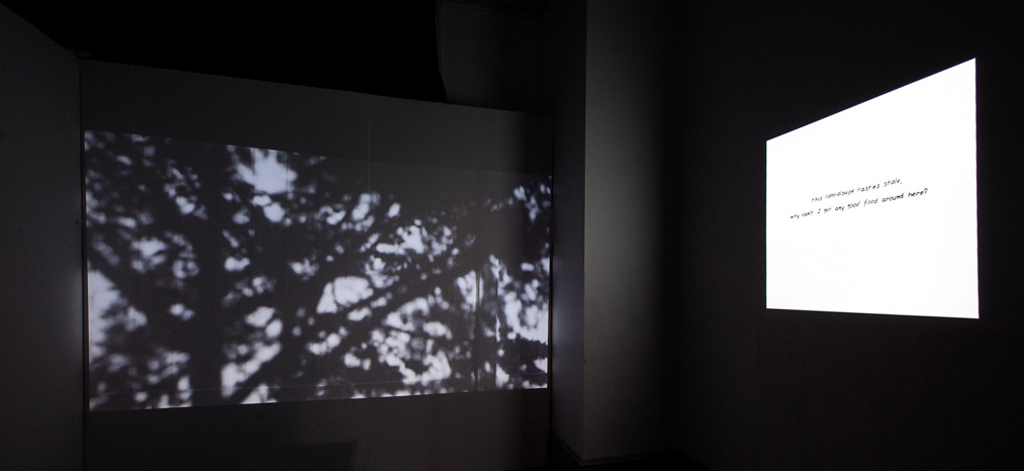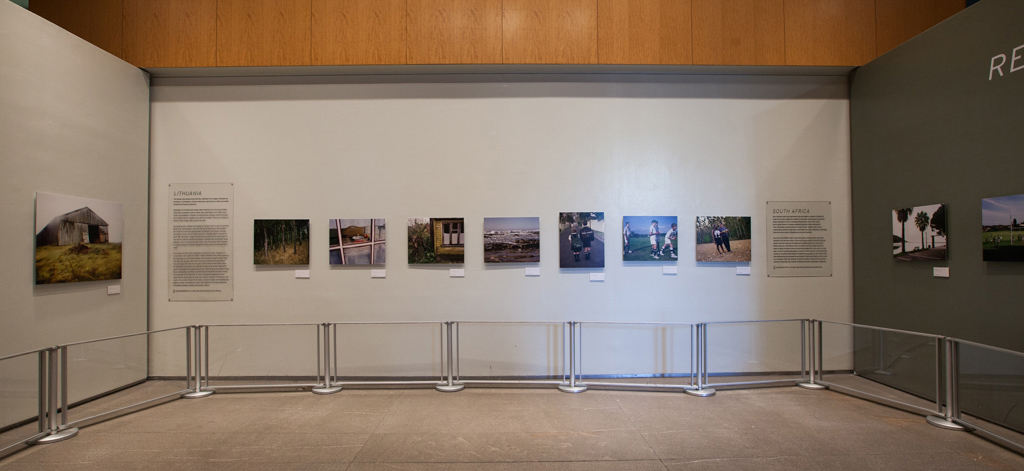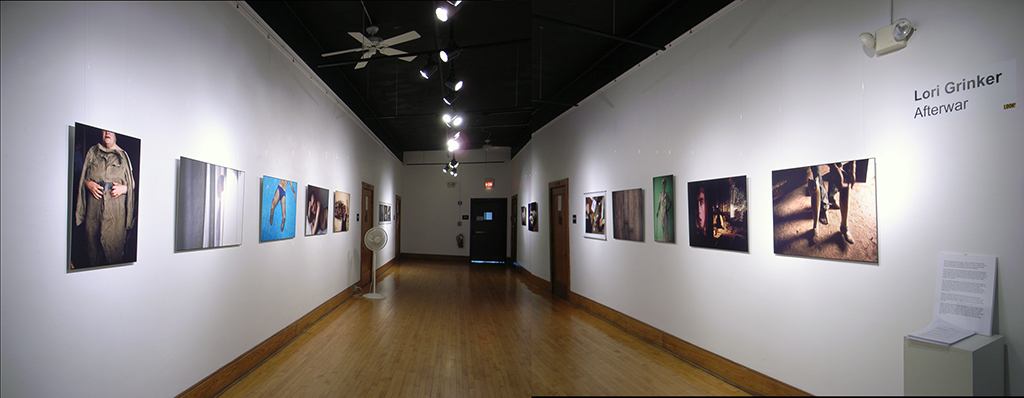"Lori Grinker’s quiet, poignant, grim vision of war is a document of the ineradicable scars left on combatants all over the world. War finds ingenious ways to inflict damage. Grinker finds ingenious ways to depict it."
- Vicki Goldberg photography critic for The New York Times, and author of The Power of Photography: How Photographs Changed our Lives (Abbeville).
*
"I am enormously moved and impressed by Lori Grinker’s work. It parallels closely much that I have written about, and conveys powerfully the principle of what I call a “species mentality,” an outlook and sense of self bound up with a strong awareness of being part of humankind."
- Robert Jay Lifton visiting professor of psychiatry at Harvard Medical School and author of Death in Life: Survivors of Hiroshima (University of North Carolina Press).
*
"This project makes a significant contribution to our understanding of the high cost of war and the men, women, and children who suffer in it. Afterwar is one of the most compelling visual projects that I have seen on the subject of war and peace."
- Bill Moyers broadcast journalist and former press secretary for President Lyndon Johnson.
*
"Lori Grinker reveals to us the wars that never end. Her photographs bare visions of both sympathy and condemnation. They bring war home from the battlefield and give it a human face."
- James Nachtwey war photographer and author of Inferno (Phaidon).
*
"You quickly realize – both from her photos and from observing how she works – that her level of involvement is out of the ordinary. In short, Lori Grinker is one of those special journalists who merits our attention and our support"
- Sydney Schanberg Pulitzer-prize winning journalist whose work on the Cambodian genocide inspired the film, The Killing Fields.
*
"The span and scope of war, of some of the recent sufferings that human beings have inflicted on one another; it is valuable to be reminded of this, as we are by these lucid, irrefutable pictures."
- Susan Sontag essayist and author
*
"Grinker's camera uses the human body as the narrative device to tell of the horrors of war. We are asked to look at something which we for the most part see from a distance, which we hear about, but never have to confront. We are asked to look at our own humanity, and its inherent contradictions."
- Deborah Willis Chair and Professor of photography at NYU Tisch School of the Arts, Artist, Author and Curator
Buy the book




